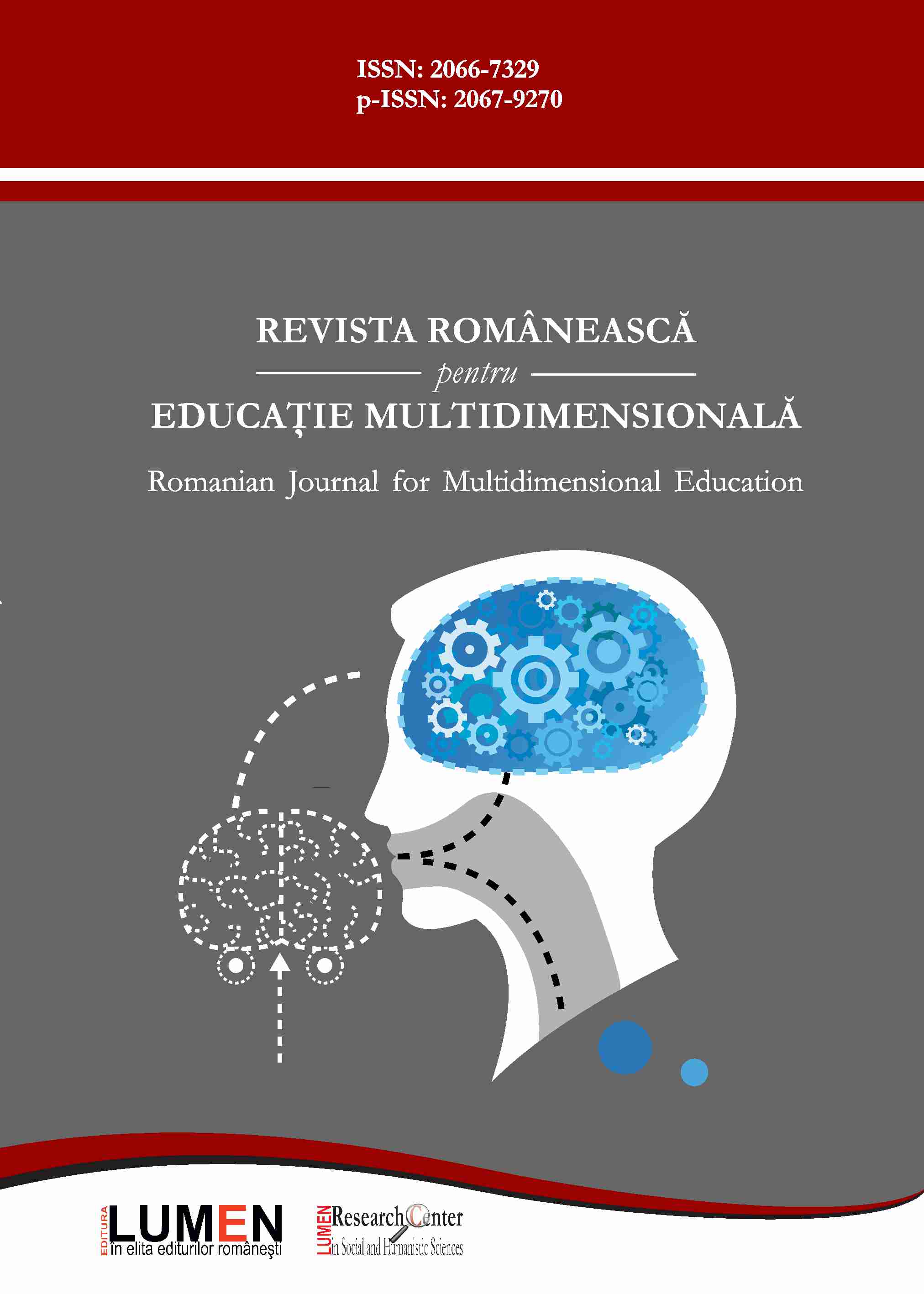Complex Practical Exercises as an Innovative Form of Teaching Military-Special Disciplines forFuture Bachelors of the State Border Security: Interdisciplinary Link
Complex Practical Exercises as an Innovative Form of Teaching Military-Special Disciplines forFuture Bachelors of the State Border Security: Interdisciplinary Link
Author(s): Oleksandr Lazorenko, Ihor Bloshchynskyi, Ihor Kryvyi, Oleksandr Martyniuk, Viktor Martyniuk, Viktor Polishchuk, Roman Misheniuk, Ihor Balytskyi, Volodymyr AndrushkoSubject(s): Social Sciences, Education, Security and defense, Higher Education , Pedagogy
Published by: Editura Lumen, Asociatia Lumen
Keywords: complex practical exercise; professional competencies; future bachelors of the state border security; training; military-special disciplines;
Summary/Abstract: The article substantiates the experimental program of professional competencies formation in future bachelors of the state border security by means of complex practical exercises. The level of cadets’ motivation to master the specialty of a border guard officer was determined; the influence of training classes according to the author’s teaching methods on the efficiency of professional competencies formation in cadets of the state border security is determined; the levels of their professional competencies formedness are determined. The research was conducted at Bohdan Khmelnytskyi National Academy of the State Border Guard Service of Ukraine in 2018-2021. 191 cadets of the Faculty of the State Border Security took part in the research. The summative assessment evaluated the degree of mastering the system of knowledge about the essence, content, methods, ways of professional activities; skills and abilities of future bachelors of the state border security to independently solve urgent tasks of border surveillance at the tactical level. The main dominant motives that inspire the cadets to quality education were presented; the key reasons that hinder the formation of the cadets’ professional competencies were outlined. Research methods: system-structural analysis of pedagogical, psychological, educational and methodical, normative sources for tracing the development of pedagogical thought on the researched problem; study of academic instructors’ experience, existing needs of border practice; comparison; synthesis and abstraction; summative assessment, survey, statistical analysis. At the end of the experiment, it was found that the level of professional competence in the experimental group cadets is significantly better (p < 0.001) compared to the control group cadets. It is determined that the number of the experimental group cadets with a high level of professional competencies increased at the end of the experiment compared to the control group, which confirmed the effectiveness of the experimental program.
Journal: Revista Românească pentru Educaţie Multidimensională
- Issue Year: 14/2022
- Issue No: 3
- Page Range: 250-269
- Page Count: 20
- Language: English

